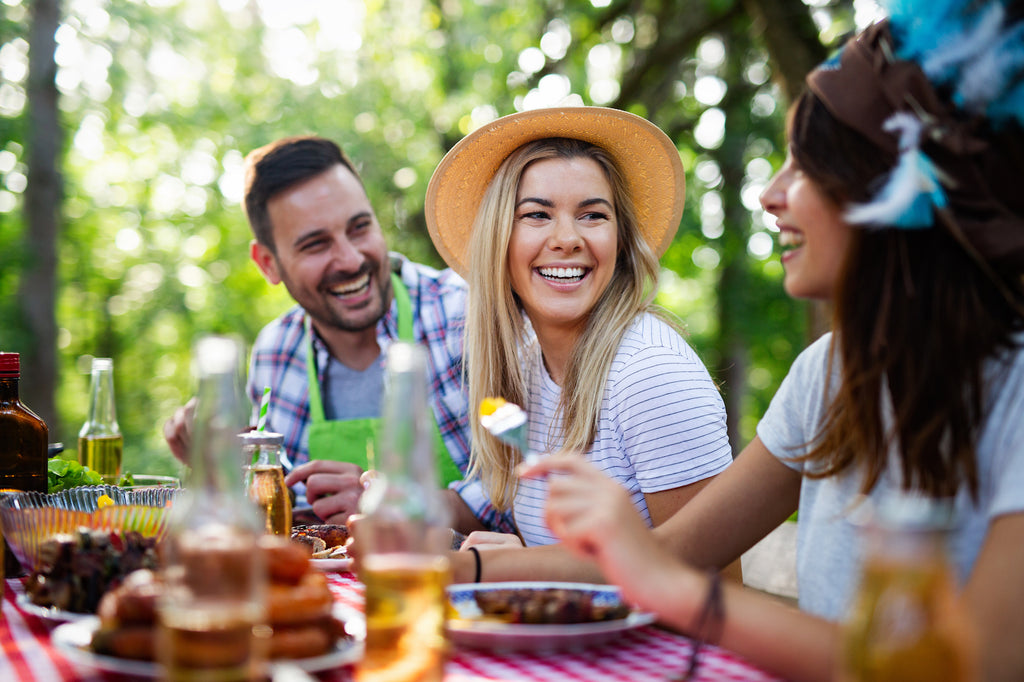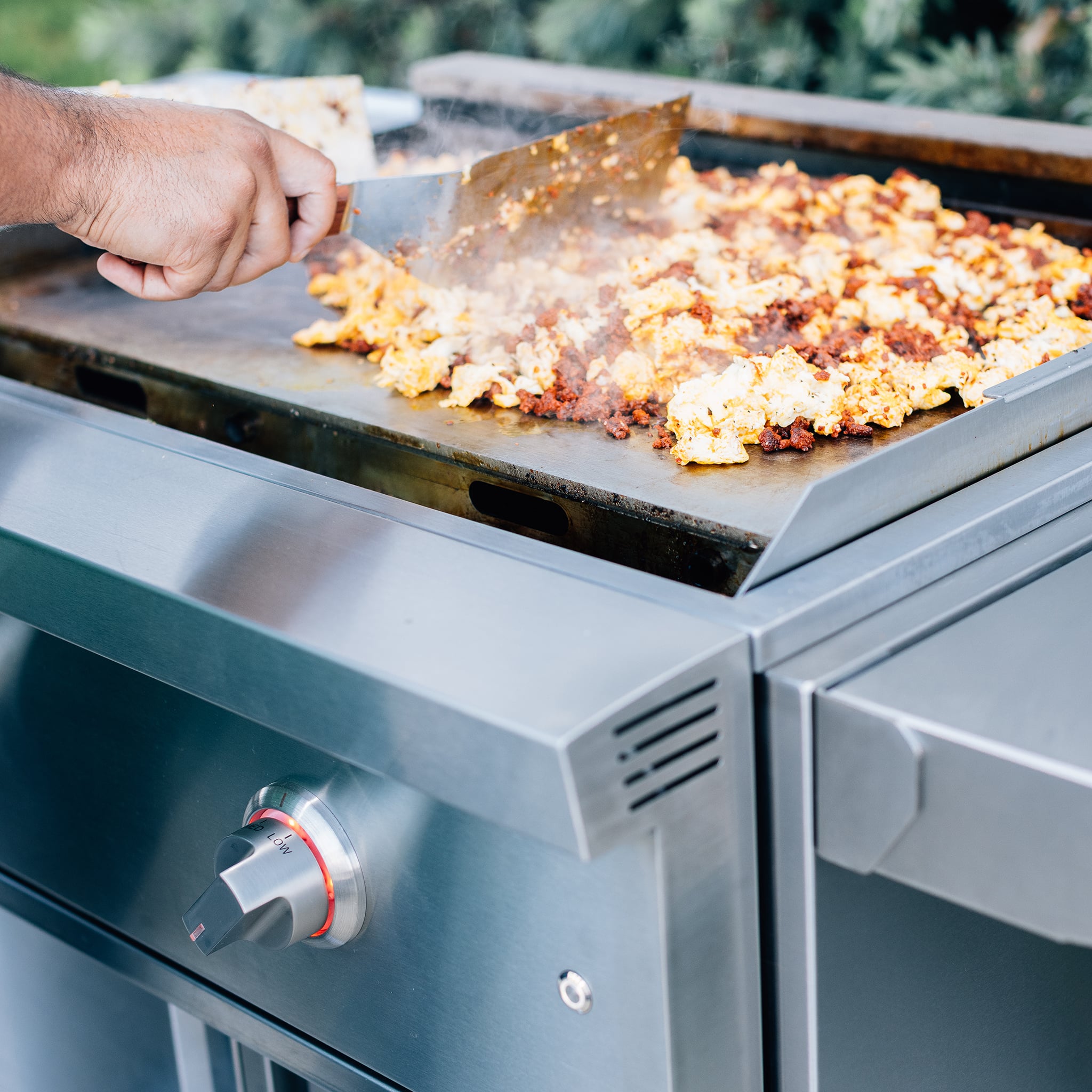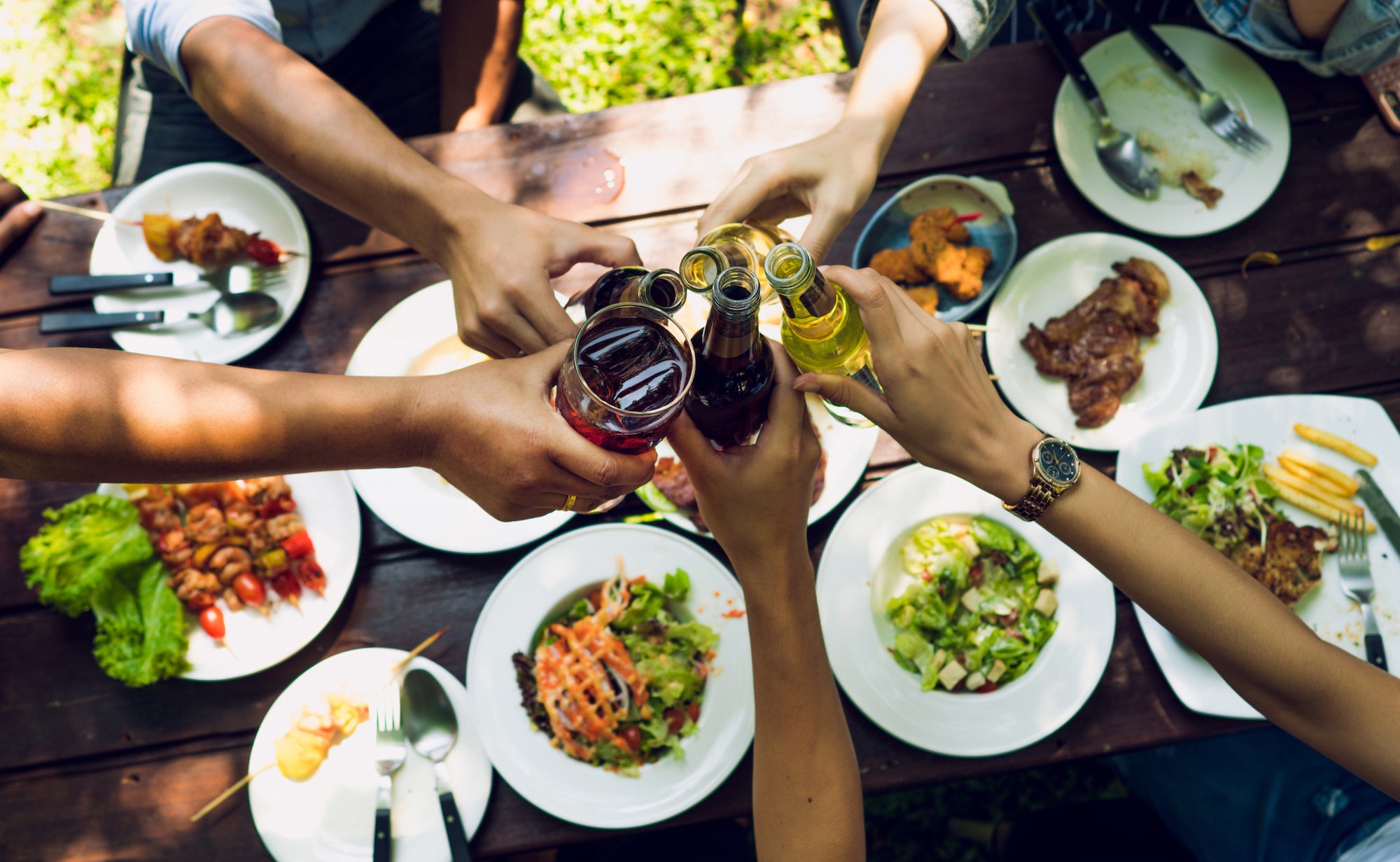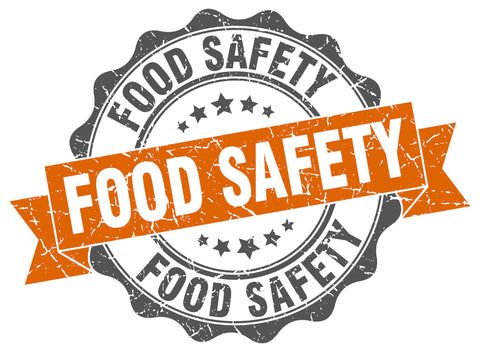
As we gear up for the summer grilling season, it’s important to remember some food safety basics. Grilling is a great way to cook food outdoors, but it can also be dangerous if food isn’t handled correctly. Many food safety hazards are associated with grilling, from cross-contamination to undercooking meat. In this article, we will discuss some of the most common food safety risks associated with grilling and provide tips on avoiding them.
Summer is a Great Time for Grilling Out with Friends and Family
It’s summertime, and that means grilling! But before you fire up the grill, it’s important to remember some food safety basics. Every year, millions of people get sick from foodborne illnesses. Many of these illnesses could be avoided by following simple food safety guidelines.
One of the most common food safety hazards is cross-contamination. Cross-contamination occurs when bacteria from raw meat or poultry contact food that will not be cooked, such as fruits and vegetables. To avoid cross-contamination, you should always keep raw meat and poultry separate from other food. You should also wash your hands thoroughly after handling raw meat or poultry.
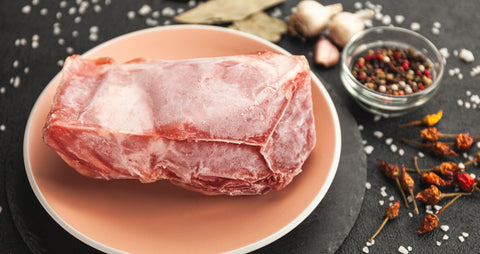
Another common food safety hazard is undercooking meat. Meat should be cooked to an internal temperature of 160 degrees Fahrenheit to kill bacteria. To check the internal temperature of your meat, you can use a food thermometer.
It would help if you were careful not to leave food out for too long. Food that has been left out for more than two hours should be thrown away. This is because bacteria can multiply at warm temperatures.
By following a few simple rules, you can keep your food safe while enjoying all that the summer grilling season offers.
Follow these tips to avoid food poisoning this grilling season:
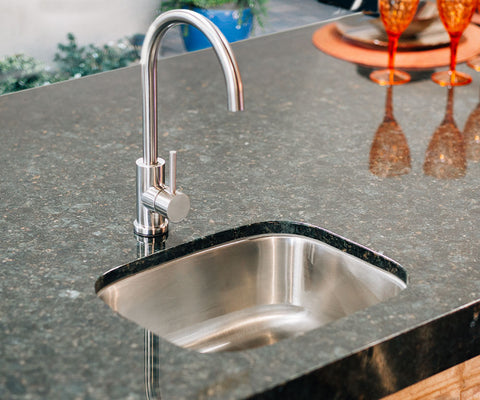
- Wash your hands thoroughly after handling raw meat or poultry.
- Keep raw meat and poultry separate from other food.
- It is crucial to thaw meat completely and safely before cooking it.
- Raw ingredients need to be kept below 40°F to stay the growth of harmful bacteria.
- Cook meat to an internal temperature of 160 degrees Fahrenheit.
- Do not leave food out for more than two hours.
- Make sure to clean your grill before and after use
Grill Meat to the Correct Temperature for Safe Consumption
Everyone has their preference of doneness when it comes to a fantastic steak or smoked pork, but food safety should always be the number one priority.
The following are the safest temperatures at which food can be stored, with no exceptions allowed. Your sole duty is not to harm anyone in your home with food-related illnesses caused by careless grilling techniques, regardless of what your misled TV chef may have on their show.
FDA Safe Minimum Cooking Temperatures
- Ground Beef or Pork – 160°F
- Fresh beef/veal/lamb – 145°F plus 3 minutes to rest
- Fresh Pork or Ham – 145°F plus 3 minutes to rest
- Ground turkey/chicken – 165°F
- Poultry (chicken, turkey, etc.) – 165°F
- Fish/Seafood – 145°F
- Eggs and egg dishes – 165°F
- Leftovers – 165°F
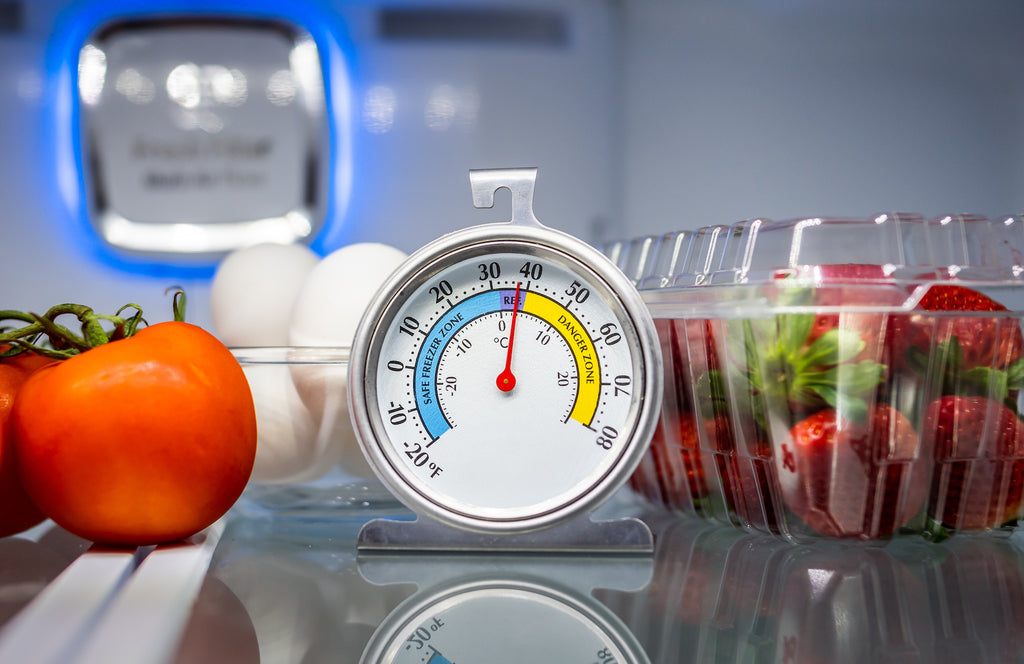
Don’t Leave Food Out on the Grill for Too Long
When you’re enjoying hot food by the pool, it can be easy to forget about the pile of meat and veggies left out for guests to partake in the festivities. But food safety should always be a priority, no matter how delicious the food may be.
We have all been there – a carne asada feast, hot off the grill with tortillas, pico de Gallo, and grilled corn on the cob! We know you can’t leave food out, but something about grilling lures you into a false sense of security that the scorching flames have eliminated any chance of spoiling.
Leaving food out for more than two hours is a safety hazard because bacteria can proliferate at warm temperatures. If you’re unsure if food has been out for too long, it’s better to play it safe and throw it away.
Ways to Protect Your Food for an All-Day Cookout
If you’re planning on grilling for an all-day cookout, there are a few ways you can protect your food from food safety hazards.
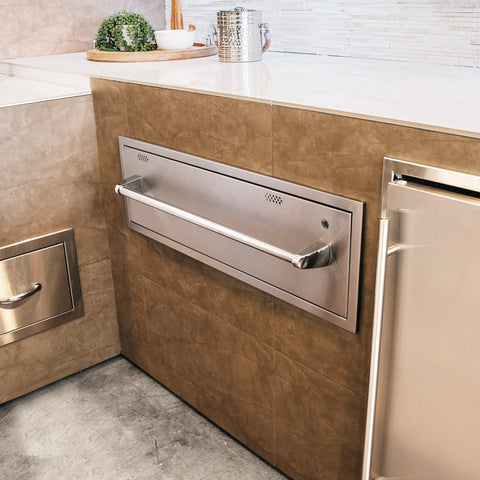
- Keep food cold by using ice or gel packs. This will help keep food at a safe temperature until it’s time to eat.
- Invest in cold storage for your outdoor kitchen.
- Another way to protect food is to cook food in batches. You can keep cooked food hot in a slow cooker or chafing dish until it’s time to eat.
- An outdoor sink is one of the most helpful inclusions for a grill island to keep your hands, utensils, and station clean.
- Consider a warming drawer that you can incorporate into your outdoor kitchen island.
- Finally, make sure to have plenty of food storage bags on hand. This way, you can store leftovers safely and avoid cross-contamination.
By following these simple tips, you can enjoy the food at your all-day cookout without worrying about food safety hazards.
Summer is Here! Enjoy Safely!
Now that you know how to keep food safe while grilling, you can enjoy the summer season without worry. Be sure to follow these food safety tips and have a great time! And remember, if you’re ever in doubt, it’s better to play it safe and throw food away. No one wants to get food poisoning from a cookout!
Summerset Grills is here to help you have a safe and fun grilling season. Check out our recipes, tips, and outdoor kitchen planning series for more information about creating an exciting outdoor living space! Happy grilling!
